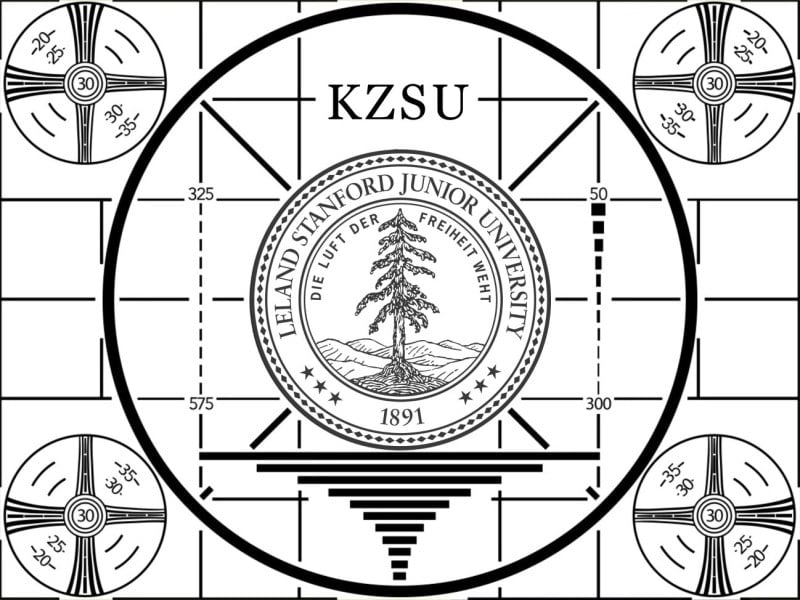Current University COVID-19 safety protocols do not allow for so-called “external community members” in KZSU production spaces unless they are escorted by a student. As campus activities gradually return to in-person operations, student members of the radio station say they feel frustrated with a perceived lack of University support and guidance.
KZSU is Stanford’s FM non-commercial radio station, which broadcasts across the Bay on 90.1 FM and across the world at kzsulive.stanford.edu. With a hodgepodge staff of students, faculty, alumni and community affiliates, the station is facing challenges given the current COVID-19 guidelines on-campus barring non-Stanford individuals from campus spaces. KZSU’s staff claim that these external members are crucial to their production — providing resources, knowledge and mentorship — and that the current ban hampers the station’s ability to operate.
“What they do really runs the gamut, from creating the programming schedule, helping to train new deejays and creating new relationships with music venues,” said Omar El-Sabrout ’22, co-general manager of KZSU. “They have all the relationships with labels that send us music that we play on air. The community members are indispensable to the operation of the station; they are these huge stores of knowledge that students can tap into freely.”
KZSU student staff members say that they have repeatedly voiced their concerns about allowing community members to access their spaces, but claim that they have not received any substantive support or guidance from the University, even as COVID-19 restrictions continue to loosen.
“The radio would not have existed without them remotely and so now that we’re all back on campus, they are being completely dismissed by the University. Now that we’re back in person, it doesn’t matter that they maintained connections remotely because they can’t come back,” said Sarah Panzer ’22, KZSU deejay and publicity director.
In response to these concerns, Senior Director of the Office of Student Engagement Snehal Naik said that the University is gradually restoring community member access to indoor spaces on campus and that many areas are being assessed on a case-by-case basis, including KZSU.
He also indicated that earlier this week, in preparation for the resumption of in-person indoor activity for student organizations, the Office of Student Engagement issued new COVID-19 guidance for community members who have a regular presence on campus.
The station representatives indicate that they are aware of current health protocols and say they are more than willing to comply with regulations, recognizing the validity of the University’s health concerns. However, for some student staff members the issue lies in what they perceive to be an undue burden placed upon station leadership despite their continual and unanswered outcries for support. In their lengthy pursuit to restore community member accessibility, El-Sabrout says that interactions have felt as if they were “banging their heads against bureaucracy.”
For example, KZSU student members indicate that they were informed by Naik that community members could access the station if accompanied by a student. But some station members see this as just another example of confusing University guidance; KZSU deejay Ilinca Propescu ’22 says that she doesn’t see how COVID-19 protocols should influence a student having to supervise an adult.
“What we are dealing with are not general hurdles, but rather complete barred entry. It appears that they are using COVID as an excuse with respect to community members allowing them to participate,” Propescu said.
These individuals are increasingly worried that the future of their production is at stake. Some KZSU student staff members say that the station is a unique space that provides many opportunities for mentorship, self-expression and community building. They point to how KZSU serves the community by providing emergency broadcasting and regular coverage of Palo Alto city council meetings, while also producing diverse music shows and covering Stanford sports.
“We are a cultural institution, no doubt, but we don’t have the resources as a student staff team ourselves because we don’t know the engineering behind an FM station, how to fix a record player or code the website we use to broadcast live,” El-Sabrout said. “Without all this overhead being taken care of there’s no way we students could make that happen. It’s deeply complicated how one broadcasts to the radio. If KZSU were to go away, it would be a huge loss of opportunity for students.”
